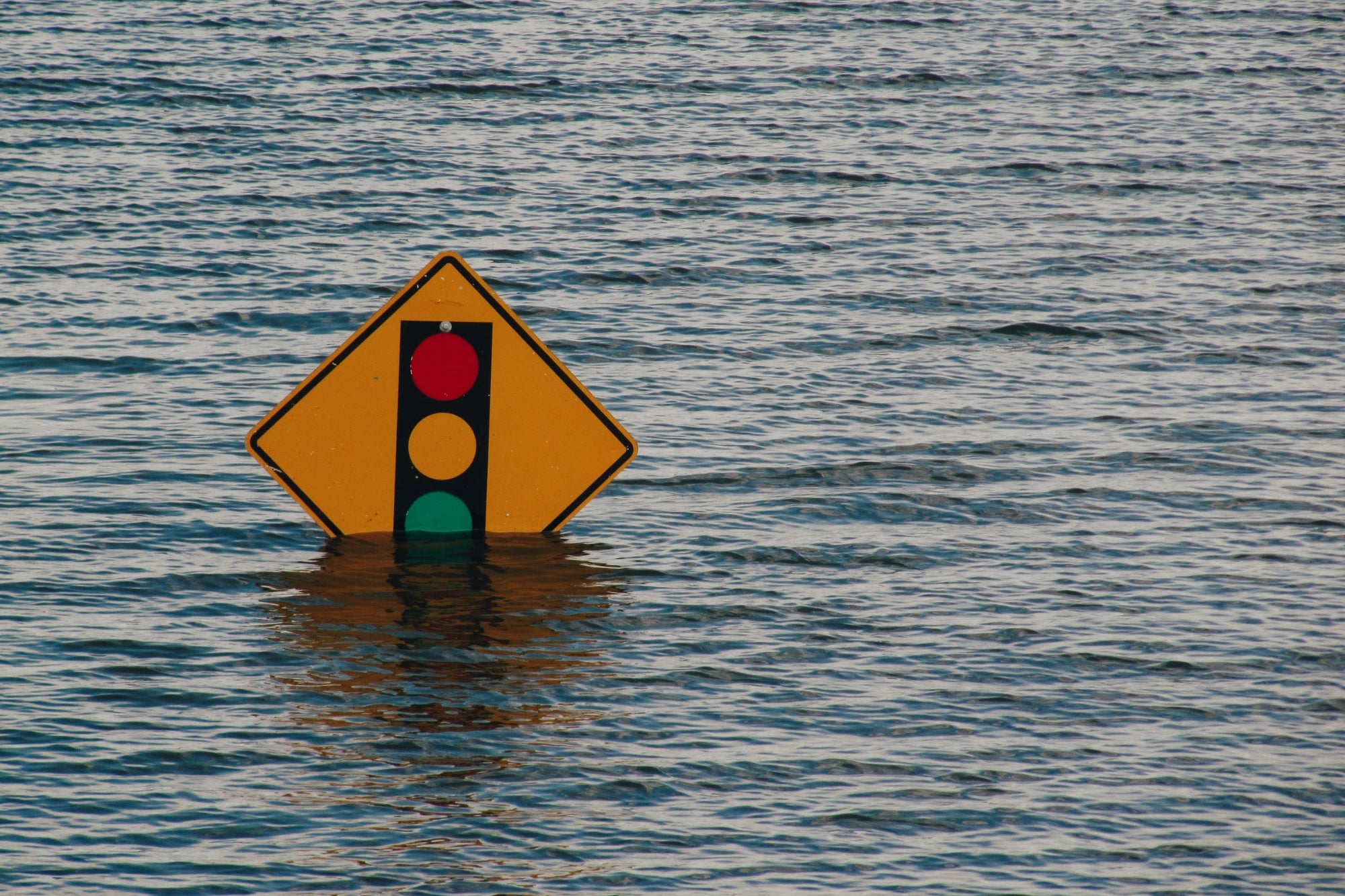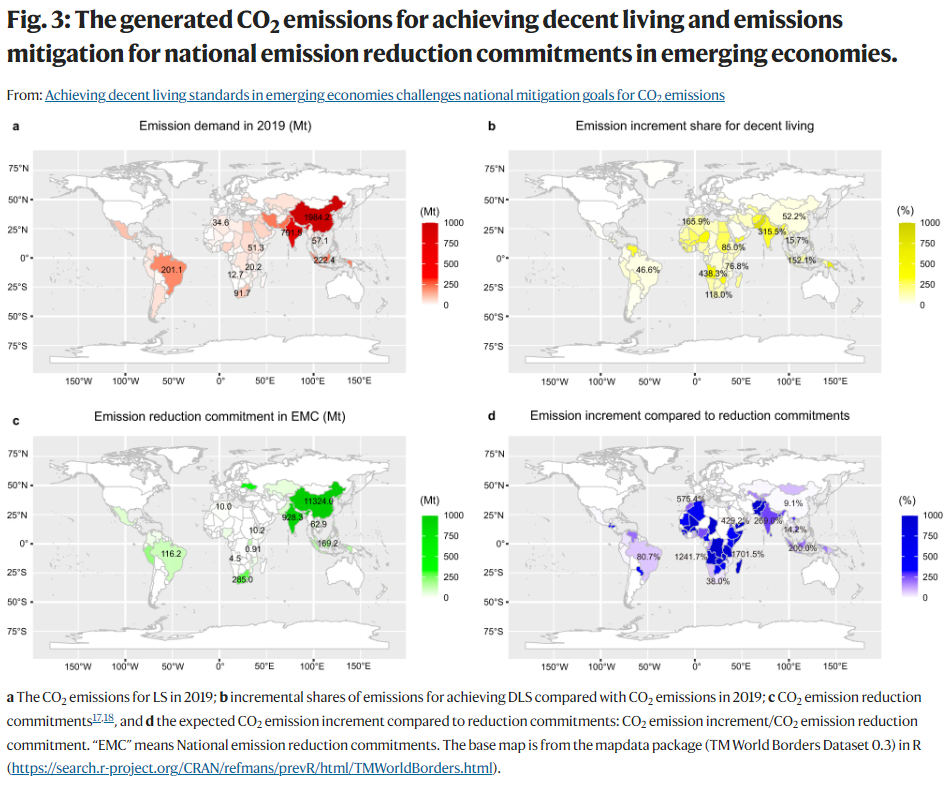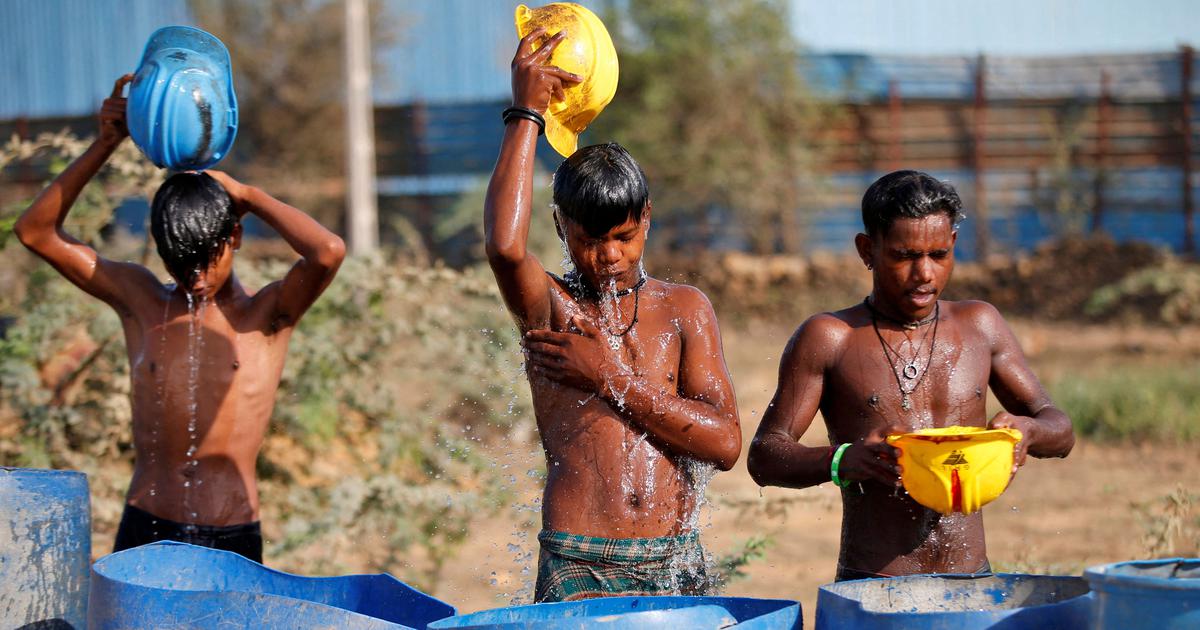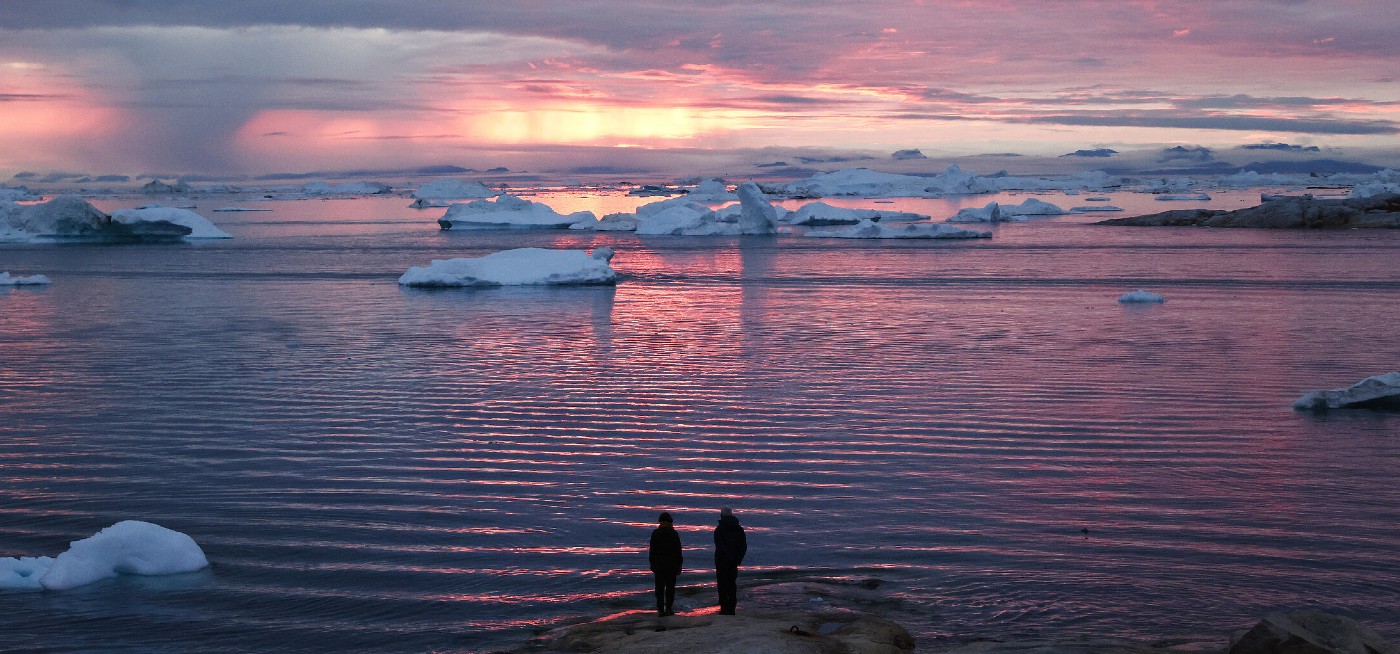Developing nations will struggle to improve living standards while curbing emissions: Study
A new study revealed that emerging economies would face challenges in improving their living standards while stabilising their carbon dioxide (CO2) emissions in a bid to meet net-zero goals.
By Editorial Desk / Dec 20, 2023

Image Courtesy: Entrepreneur
A new study revealed that emerging economies would face challenges in improving their living standards while stabilising their carbon dioxide (CO2) emissions in a bid to meet net-zero goals.
The 28th Conference of Parties (COP28) to the United Nations Convention on Climate Change (UNFCCC) recently culminated with nearly 200 nations pledging to combat the escalating climate crisis by significantly slashing fossil fuel-based emissions and transitioning towards cleaner energy sources.
However, the circumstances vary from country to country, especially for low- and middle-income countries, which are experiencing rapid population expansion. In such a given scenario, economic growth may encounter challenges in achieving decent living standards (DLS) in emerging economies. In fact, the research puts special emphasis on emerging Asian and African economies that would require more additional CO2 emissions in achieving DLS.
Africa, Asia and Latin America struggle to provide basic material requirements like food, clothing, housing, sanitation, health, education, water, electricity, mobility to their ever expanding population. The living standard in India is lower than the average level for global emerging economies with 63.5% of the population not having access to safe sanitation. More than half of the population in the majority of the African countries do not have access to safe drinking water.
Challenges in improving living standards while stabilising CO2 emissions
Although they consist of more than 80% of the global population, developing nations currently account for only 20% of global emissions due to low levels of resource consumption and poor living standards. Essential energy is required to meet the basic needs of everyone.
An improvement in living standards in these emerging economies will therefore shoot up energy demands. Chiefly reliant on fossil fuels based energy sources with outdated energy infrastructures, economic development in these countries will thus be accompanied by an increase in CO2 emissions. For example, coal power generation is the main power source in India, accounting for about 70% of the total power generation capacity. This reliance on coal is concerning, considering the high emission intensity of coal power plants.
Achievement of decent standard of living (DLS) in emerging economies will result in 8.6 Gt of additional CO2 emissions above the 2019 level. This falls well within the global climate targets, but can overshoot domestic emission reduction commitments, finds this study. 62 emerging economies are expected to emit more CO2 than the emissions value pledged in their national reduction commitments to achieve DLS for their population.

For example, achievement of DLS for all in India may result in an increase of CO2 emissions by 315.5% (2.5 Gt) as compared to 2019, far surpassing the domestic targets. Africa may face a threefold increase in CO2 emissions for achieving DLS with mobility and electricity being the main contributors to emissions in both Asia and Africa.
Investment in renewable energy is the key
The analysis recommends greater investment in renewable energy with emphasis on green transportation and green power generation as the main pathway to reducing emissions while achieving decent standards of living in the developing nations. This resonates with the commitment of countries at COP28 to triple renewable energy by 2030.
How emerging economies strive to balance their development needs with energy transition and emission reduction targets will be more evident as they revise their Nationally Determined Contributions to emission reduction by 2025.
Climate Change Carbon Dioxide Emissions Developing nations Global Warming COP28

